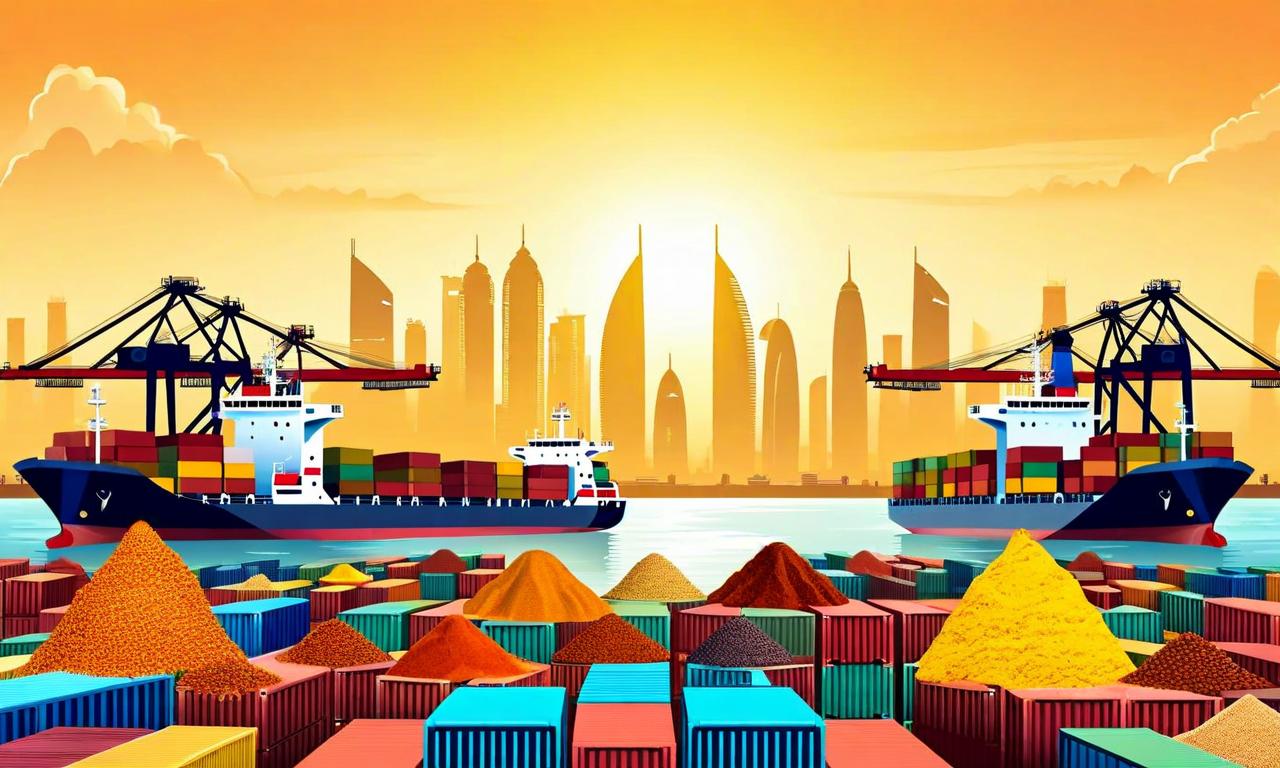Global Funds Remain Underweight on India Despite Recent Allocation Uptick
Goldman Sachs reports that foreign portfolio managers continue to hold an underweight position on Indian markets, despite recent modest increases in allocations. India remains underweight by 280 basis points compared to benchmark allocations, with active mutual funds showing the lowest allocation in two decades. Global ex-US funds ($345 billion) have a 1.40% allocation versus a 5.00% benchmark, while emerging market funds ($140 billion) allocate 14.10% compared to a 16.90% benchmark. This cautious stance persists despite India's strong economic indicators, including a 7.90% GDP growth and recent interest rate cuts by the Reserve Bank of India.

*this image is generated using AI for illustrative purposes only.
Goldman Sachs reports that foreign portfolio managers continue to maintain an underweight position on Indian markets, despite modest increases in allocations over the past quarter. This cautious stance persists even as India sees the highest exposure increase among emerging markets.
Underweight Position Persists
According to the Goldman Sachs report, India remains underweight by 280 basis points compared to benchmark allocations. This underexposure is particularly notable in active mutual funds, where allocation is at a two-decade low.
Allocation Breakdown
| Fund Type | Current Allocation | Benchmark Weight |
|---|---|---|
| Global ex-US funds ($345 billion) | 1.40% | 5.00% |
| Emerging market funds ($140 billion) | 14.10% | 16.90% |
Factors Influencing Cautious Sentiment
The hesitant approach of foreign portfolio managers can be attributed to several factors:
- Concerns over US-India trade relations
- Uncertainty about corporate earnings growth
Positive Economic Indicators
Despite the cautious sentiment from global funds, India's economy shows signs of strength:
- GDP growth: 7.90%, exceeding expectations
- Monetary policy: The Reserve Bank of India has cut interest rates by 100 basis points since Sanjay Malhotra's appointment as RBI Governor
The contrast between the robust economic indicators and the underweight position of global funds highlights the complex dynamics at play in India's financial markets. As the situation evolves, it remains to be seen how foreign portfolio managers will adjust their allocations in response to India's economic performance and global market conditions.





























